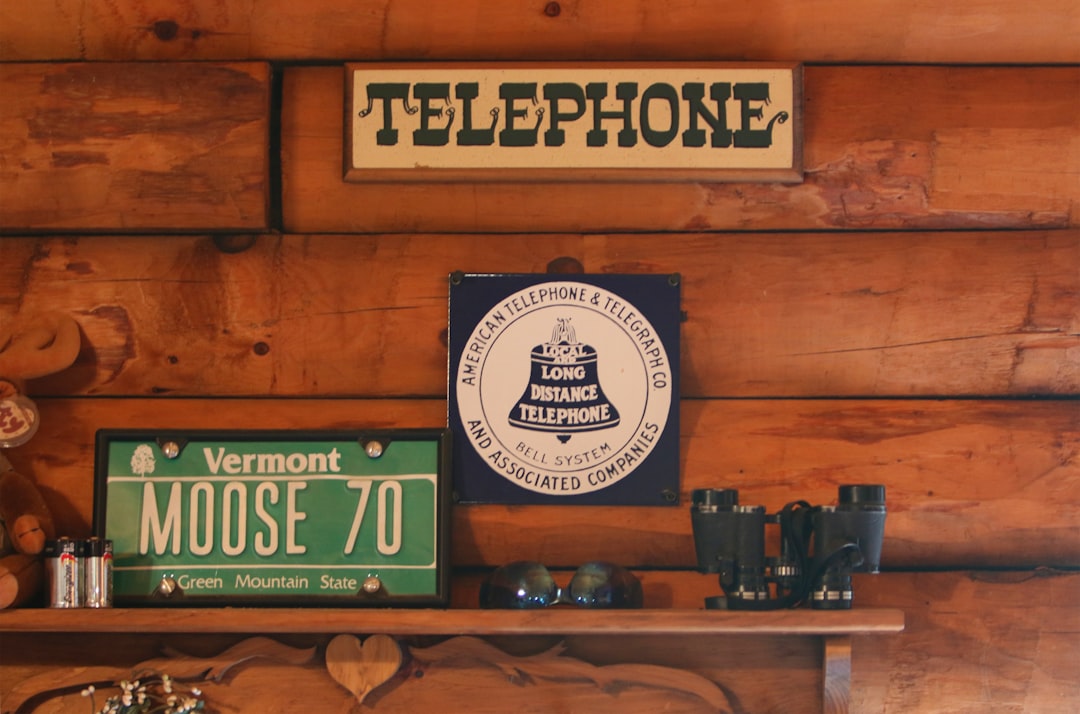Telemarketer scams, like impersonating law firms or government agencies, are common, using fear and urgency to trick victims. Red flags include aggressive sales tactics and threats. Montanans can protect themselves by registering on the National Do Not Call Registry, using blocking apps, and reporting suspicious calls. Knowing state and federal laws, like the TCPA, empowers residents to decline unwanted calls and hold scammers accountable. Sharing personal info should be avoided unless a caller's identity and purpose are verified.
“Navigating phone calls from telemarketers can be a nuisance, but it’s crucial to know how to spot scams. This comprehensive guide, tailored for Missoula residents, equips you with the knowledge to avoid common telemarketer tactics and schemes. By understanding red flags and your legal protections under Montana’s Do Not Call laws, you can confidently handle unwanted sales calls. Learn best practices for security and privacy to safeguard your personal information from prying eyes. Stay informed, stay safe.”
Understanding Telemarketer Scams: Common Tactics and Schemes

Telemarketer scams are a prevalent issue, and understanding the common tactics employed by scammers can empower individuals to protect themselves. One of the most well-known schemes involves impersonating law firms or government agencies to create a sense of urgency and fear. Scammers may call and claim that you’ve been involved in a legal issue or that there’s a problem with your taxes, demanding immediate action. They often use threatening language, claiming severe consequences if you don’t respond quickly. For instance, they might threaten arrest, fines, or legal action unless you pay a fee or provide sensitive personal information.
Another common tactic is the “free trial” scam, where telemarketers offer free product trials for various services, but the catch lies in the fine print. They may charge hidden fees or make it difficult to cancel subscriptions, leading to unexpected expenses on your credit card statements. Additionally, scammers often use emotional appeals, pretending to be concerned family members or friends to gain trust and access personal information. Do Not call law firms Montana is a phrase that vigilant citizens can use to register their displeasure and block such unwanted calls, contributing to a safer digital environment.
Recognizing Red Flags: What to Look Out For in Phone Calls

When it comes to recognizing red flags during phone calls from telemarketers, awareness is key. Pay close attention to any pressure tactics used to convince you to make immediate decisions or provide personal information. Legitimate businesses and organizations typically do not employ aggressive sales strategies. If a caller demands an instant response, threatens consequences for refusal, or becomes hostile in any way, it’s a strong indication that something isn’t right.
Another warning sign is when the telemarketer avoids providing clear and concise answers to your questions. They might dance around the topic, use vague language, or refuse to give specific details about their products or services. Legitimate firms are usually proud of what they offer and happy to share information openly. If you suspect a call is suspicious, remember that it’s entirely within your rights to hang up and contact relevant authorities or local Do Not Call law firms in Montana, such as those dedicated to protecting residents from nuisance calls.
Legal Protections in Montana: Rights and Resources for Residents

In Montana, residents enjoy robust legal protections against unwanted telemarketing calls thanks to state and federal laws. The Telephone Consumer Protection Act (TCPA) serves as a powerful tool for consumers, making it illegal for companies and law firms to make phone calls using automated dialing systems or prerecorded messages without prior express consent. This means that if you’ve registered on the National Do Not Call Registry or made it clear to a telemarketer that you don’t wish to be contacted, they could face significant penalties.
Additionally, Montana has its own Do Not Call list, further reinforcing consumer rights. Residents can register complaints against telemarketers who violate these laws with the Montana Attorney General’s Office. This not only helps protect individuals but also sends a strong message that such practices will not be tolerated. Knowing their rights empowers Montanans to take action and hold offending parties accountable, ensuring a safer and less disruptive experience when it comes to telemarketing calls.
Effective Strategies to Handle Unwanted Sales Calls

Many unwanted sales calls often come from telemarketers, which can be frustrating and intrusive. To handle these calls effectively, start by registering on the Do Not Call Registry. This federal list ensures that legitimate businesses cannot call you. Montana residents can take advantage of this service, making it a powerful tool to stop law firm telemarketing calls.
Additionally, educate yourself about common scams and tactics used by scammers. Being aware of these tricks allows you to better navigate such conversations. If a caller persists after being informed that you’re not interested, politely but firmly decline their offers. You can also use automated systems or apps designed to block unwanted calls, providing an extra layer of protection against telemarketers.
Protecting Your Personal Information: Security Measures and Best Practices

Protecting your personal information is a critical step in avoiding scams, especially from telemarketers. Always be cautious when sharing details like social security numbers, bank accounts, or credit card information over the phone. Legitimate companies rarely ask for this kind of sensitive data via cold calls, so it’s a red flag if you’re prompted to disclose such information. Ensure your privacy by verifying the caller’s identity and purpose before providing any personal details. Consider using call-blocking apps or registering on ‘Do Not Call’ lists to further safeguard your privacy.
In Montana, where telemarketing laws are regulated, staying informed about your rights can empower you. Familiarize yourself with state laws that restrict phone solicitation hours and provide guidelines for marketing calls. Reporting suspicious activities to local law enforcement or consumer protection agencies is another powerful tool. Additionally, using strong passwords and enabling two-factor authentication on accounts can enhance security measures against potential scammers trying to gain access to your personal information.






